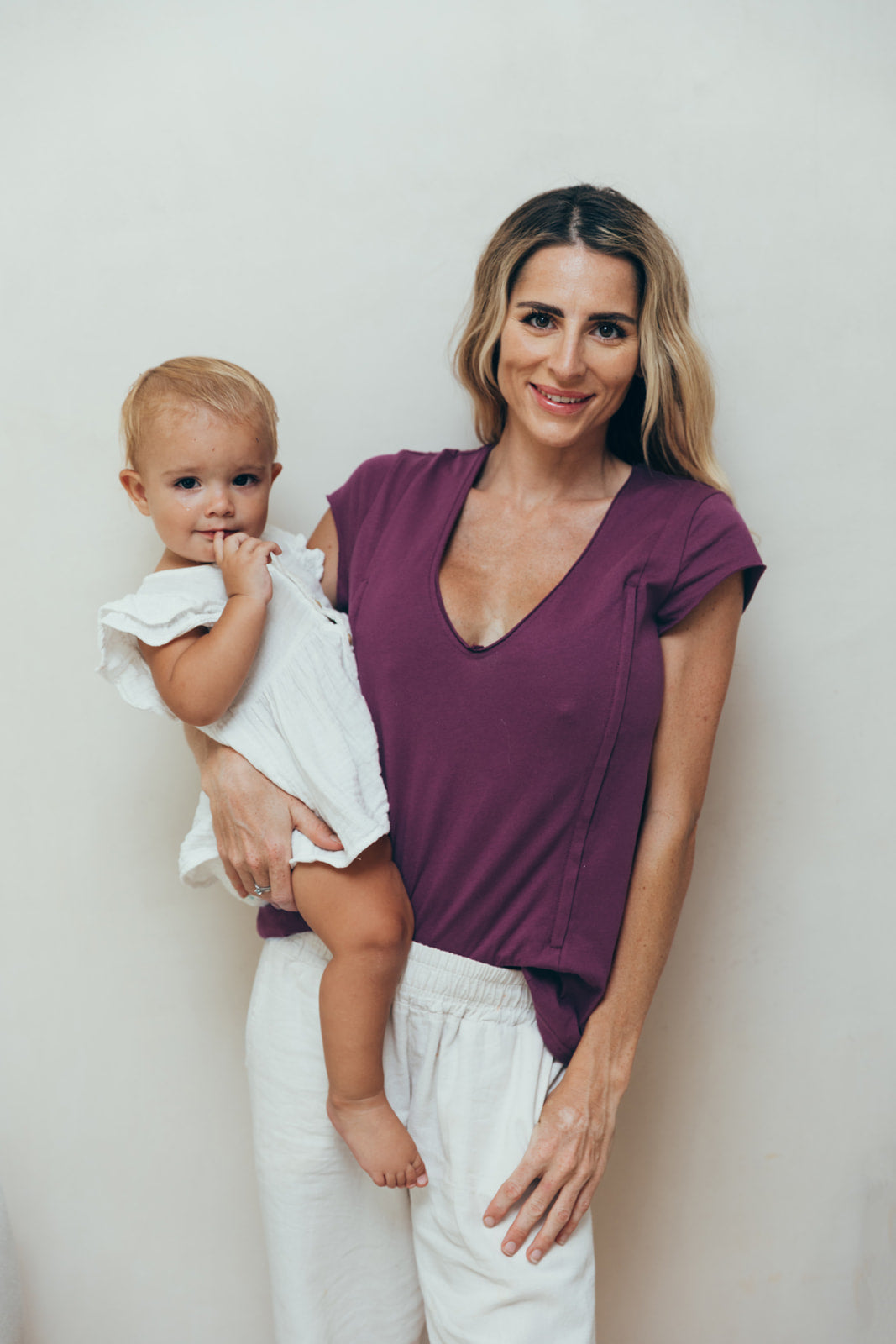
How long should you breastfeed your baby? The real answer (no pressure)
How long should I breastfeed? Three months? Six months? A year? Even longer? Between official recommendations, the opinions of those around you and your own feelings, it can be difficult to know what's "right" - for your baby and for you. So, what is the ideal duration of breastfeeding? And at what point can (or should) you stop? Here's what you need to remember, without pressure, and with kindness.
What is the recommended duration of breastfeeding?
The major health authorities agree on this point:
-
The World Health Organization (WHO) recommends exclusive breastfeeding for the first 6 months of a child's life, followed by breastfeeding for 2 years and beyond, in addition to a diversified diet.
-
In France, Santé publique France and the Haute Autorité de Santé (HAS) also recommend exclusive breastfeeding for up to 6 months, then mixed breastfeeding for as long as mother and child wish.
Il n’y a pas de "date limite" officielle pour arrêter. Ce choix dépend de vous, votre bébé, et votre contexte de vie.
And in real life, how long do we breastfeed on average?
In France, durations are shorter than elsewhere:
-
70% of mothers start breastfeeding at birth
-
But only 25% are still exclusively breastfeeding at 3 months.
-
And less than 10% at 6 months
In other countries (Sweden, Norway, Canada...), breastfeeding rates at 6 months exceed 50%. But every journey is different - there's no need to feel guilty if your situation is different.
When breastfeeding is no longer enough: when to introduce other foods?
Around the age of 6 months, breast milk is no longer sufficient to cover all your baby's nutritional needs (particularly iron and zinc). This is the time to introduce a complementary diet, known as diversification.
Mais attention :
Cela ne signifie pas arrêter l’allaitement, juste le compléter, comme dans le cadre de l’allaitement mixte. Le lait maternel reste une source essentielle de nutriments et d’anticorps jusqu’à 1 an, voire au-delà.
Can you breastfeed longer?
Yes, it's perfectly possible (and beneficial) to continue breastfeeding after 12 months. Breast milk continues to adapt, remains rich in antibodies and provides emotional comfort.
L’allaitement long est courant dans de nombreuses cultures, parfois jusqu’à 2, 3 ou même 4 ans.
What's important? That you're in line with your choice, and that breastfeeding remains a positive experience, free of constraints.
When should I stop breastfeeding?
There's no universal ideal moment. You can stop :
-
when you feel the need
-
when your baby starts to turn away from the breast
-
when breastfeeding becomes a mental or physical burden
Some mothers stop after 3 weeks, others go on for 3 years. And all these durations are valid. The important thing is to listen to your body, your baby and your family's equilibrium.
Cette transition peut être vécue en douceur avec les bons repères, notamment lors du sevrage de l’allaitement.

5 tips for choosing the right breastfeeding duration (for you)
-
Ne vous comparez pas : chaque parcours est unique.
-
Fiez-vous à votre ressenti : c’est vous qui allaitez.
-
Informez-vous auprès de sources fiables (OMS, Ameli, PMI…).
-
N’ayez pas peur d’ajuster ou de changer d’avis en cours de route.
-
Entourez-vous : sage-femme, consultante IBCLC, groupe de soutien…
In short: the best breastfeeding time is the one that suits you best.
There are no hard and fast rules. Breastfeeding can last 3 days, 3 months or 3 years, as long as it's an informed and conscious choice. Your baby needs love, presence and security - and you're already providing that.
FAQ - Duration of breastfeeding
What is the ideal duration of breastfeeding?
The WHO recommends exclusive breastfeeding up to 6 months, then mixed breastfeeding up to 2 years or more.
When should you stop breastfeeding?
Whenever you decide. There's no fixed age. The right time is the one that suits your family.
When is breast milk no longer enough?
Around 6 months, it's time to diversify. Milk remains important in parallel.
Is it bad to breastfeed for less than 6 months?
No. Any duration of breastfeeding, however short, is beneficial. There's no such thing as "bad" breastfeeding.

Pour accompagner chaque étape de votre maternité, découvrez notre collection de vêtements d’allaitement pensés pour votre confort au quotidien.
If you are breastfeeding, here are some of our nursing clothes that may interest you:
T-shirts d'allaitement
T-shirts d'allaitement imprimés
T-shirts d'allaitement personnalisés
T-shirts d’allaitement basiques
Hauts d’allaitement personnalisables
Pulls d'allaitement
Sweat-shirts d'allaitement
Pulls d'allaitement maille
Débardeurs d'allaitement
Robes d'allaitement
Pyjamas d'allaitement
vêtements d'allaitement
Vêtements de maternité et d'allaitement
Vêtements d'allaitement à ouverture sur le côté
Vêtements d'allaitement grande taille
Vêtements d'allaitement d'été
Vêtements d'allaitement chauds
Vêtements d'allaitement brodés
Vêtements d'allaitement d'hiver
Vêtements d'allaitement confortables
Vêtements d'allaitement en coton
Vêtements de grossesse et d'allaitement
Vêtements d'allaitement originaux
Vêtements d'allaitement pas chers
Vêtements d'allaitement personnalisés
Vêtements d'allaitement en soldes
Vêtements d'allaitement à manches courtes
Vêtements d'allaitement à petit prix
Vêtements d'allaitement à zip
Vêtements d'allaitement abordables
Vêtements d'allaitement amples
Vêtements d'allaitement beiges
Vêtements d'allaitement blanc
Vêtements d'allaitement bleu
Vêtements d'allaitement discrets
Vêtements d'allaitement doux
Vêtements d'allaitement en promotion
Vêtements d'allaitement gris
Vêtements d'allaitement Imprimés
Vêtements d'allaitement jaunes
Vêtements d'allaitement leopard
Vêtements d'allaitement noir
Vêtements d'allaitement rose
Vêtements d’allaitement sobres
Vêtements d'allaitement tendances
Vêtements d'allaitement unis
Vêtements de sport pour l'allaitement
T-shirt allaitement imprimé
T-shirt allaitement personnalisé
T-shirt allaitement coloris uni
T-shirt allaitement manches longues
T-shirt allaitement blanc
T-shirt allaitement bleu
T-shirt allaitement noir
T-shirt allaitement gris
T-shirt allaitement camel
T-shirt allaitement léopard
T-shirt allaitement brodés
T-shirt allaitement coton
T-shirt allaitement zip
T-shirt allaitement été
T-shirt allaitement hiver
T-shirt grossesse allaitement
T-shirt allaitement milk
T-shirt allaitement coeur
T-shirt allaitement pas cher
T-shirt allaitement ouverture coté
T-shirt allaitement discret
T-shirt allaitement confortable
T-shirt allaitement originaux
T-shirt d'Allaitement avec col en V
T-shirts d'allaitement jaune
T-shirts d'allaitement marron
T-shirts d'allaitement multicolore
T-shirts d'allaitement rose
T-shirts d'allaitement rouge
T-shirts d'allaitement unis
Pyjamas d'allaitement
Pyjamas d'allaitement 2 pièces
Pyjamas d'allaitement en promotion
Pyjamas d'allaitement en soldes
Pyjamas d'allaitement leopard
Pyjamas de maternité
Chemises de nuit d'allaitement
Sweat-shirts d'allaitement
Sweat-shirts d'allaitement à ouverture sur le côté
Sweat-shirts d'allaitement en promotion
Sweat-shirts d'allaitement pas chers
Sweat-shirts d'allaitement verts
Sweat-shirts d'allaitement roses
Sweat-shirts de grossesse
Sweat Shirts d'allaitement blancs
Pulls allaitement zip
Pulls allaitement maille
Pulls allaitement laine
Pulls allaitement grossesse
Pulls allaitement chaud
Pulls allaitement pas cher
Pulls allaitement hiver
Pulls d'allaitement ouverture coté
Pulls d'allaitement discret
Robes d’allaitement en maille
Robes d’allaitement chaudes
Robes d’allaitement d’hiver
Robes d’allaitement beiges
Robes d’allaitement longues
Robes d’allaitement courtes
Robes d'allaitement festives
Robes d'allaitement d'été
Robes d'allaitement de vacances
Robes d'allaitement en promotion
Robes d'allaitement noires
Robes d'allaitement pas cher
Robes d'allaitement pour mariage
Robes de grossesse
Robes pull allaitement
If you are only a pregnant mom, here are our maternity clothes:
Black maternity jeans
Gray maternity jeans
Colored maternity jeans
Blue maternity jeans
Cheap maternity jeans
Comfortable maternity jeans
Maternity jeans
Colored maternity jeans
Black maternity jeans
Gray maternity jeans
Blue maternity jeans
Cheap maternity jeans
Comfortable maternity jeans
Maternity pants
Black maternity pants
Gray maternity pants
Colored maternity pants
Blue maternity pants
Jeans for pregnant women
Gray maternity jeans
Blue maternity jeans
Black jeans for pregnant women
Cheap jeans for pregnant women
Comfortable maternity jeans
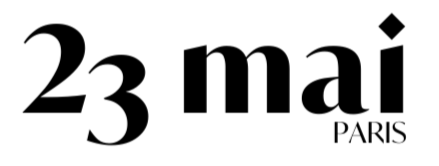







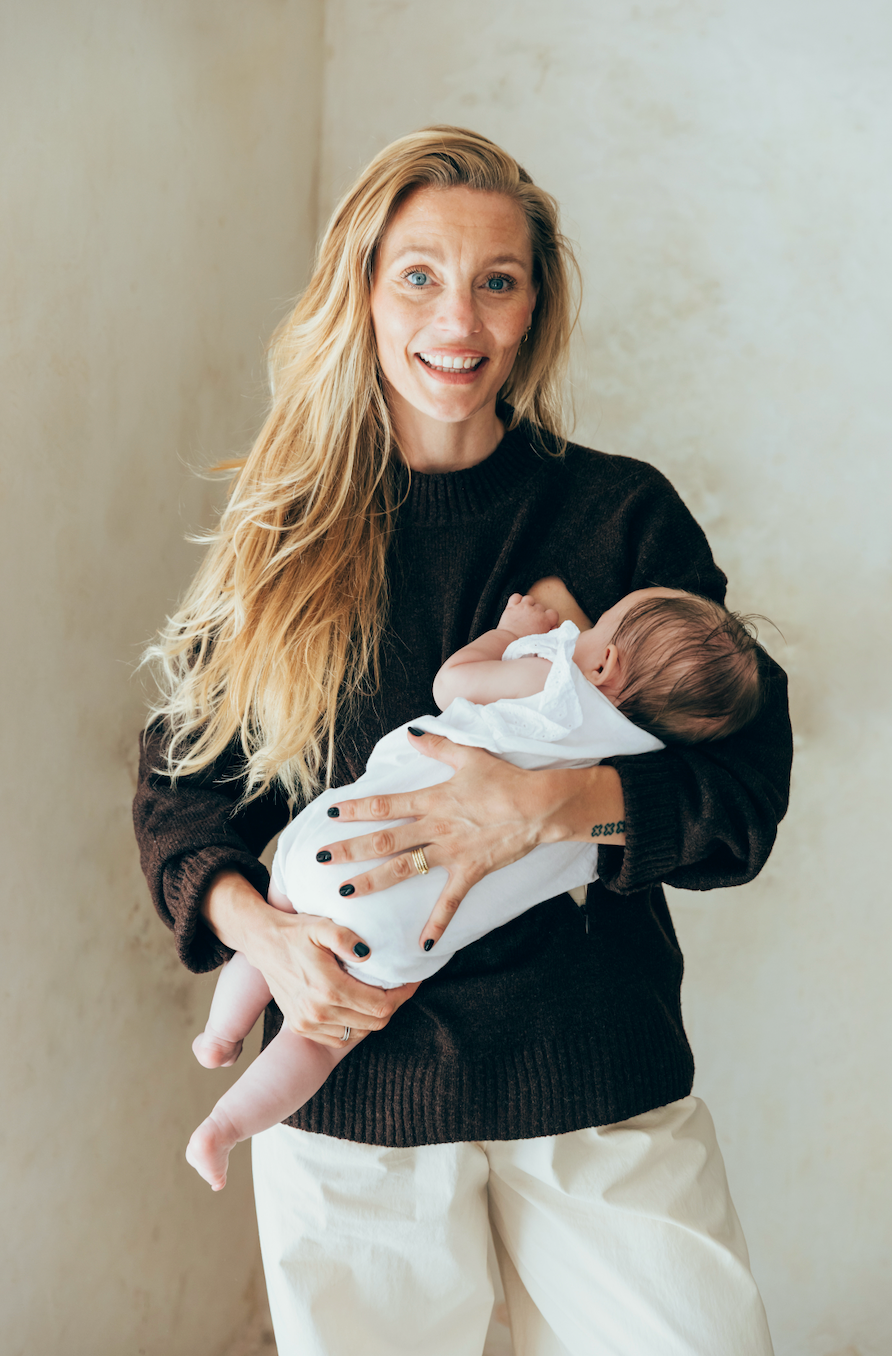
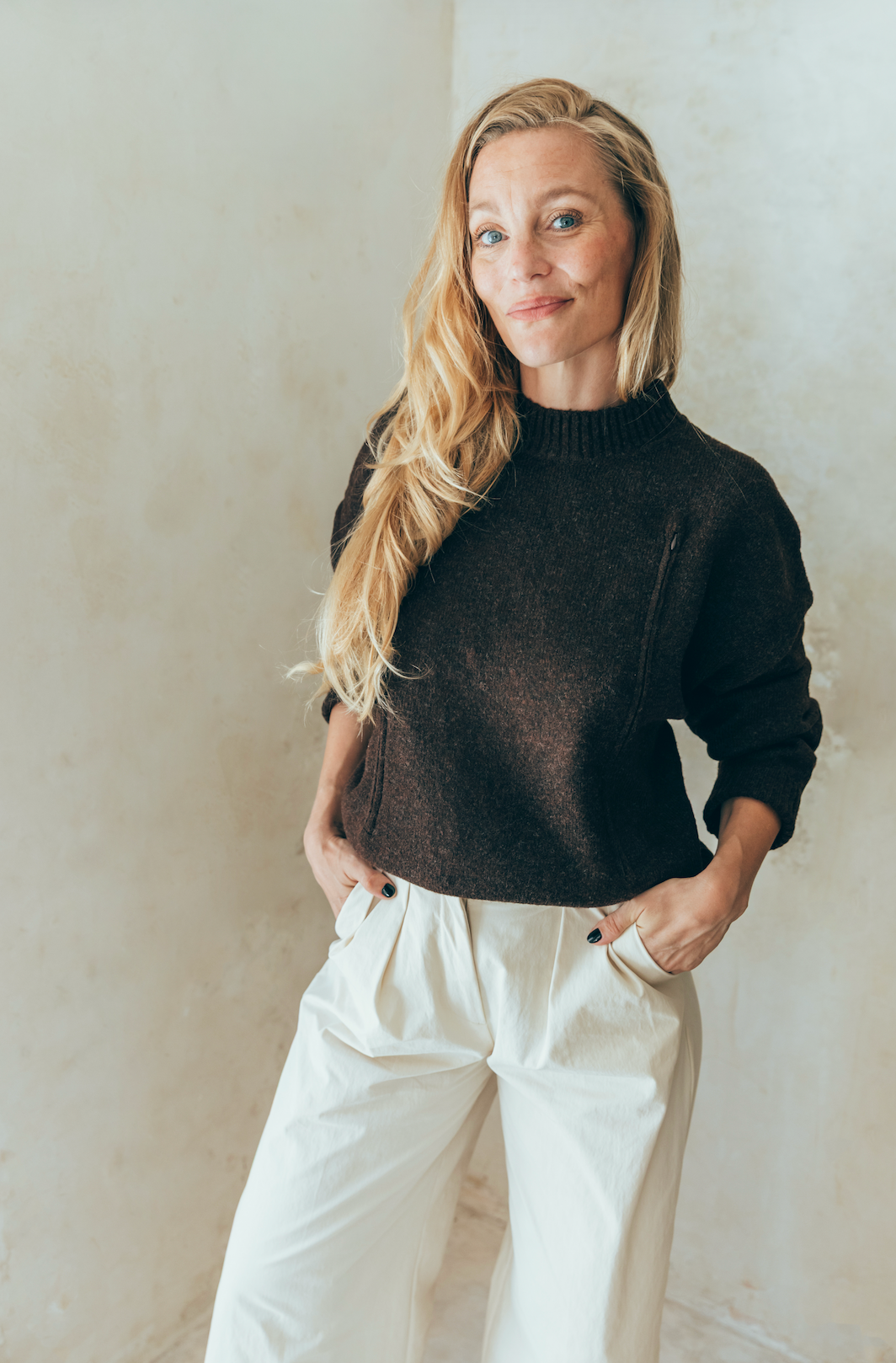

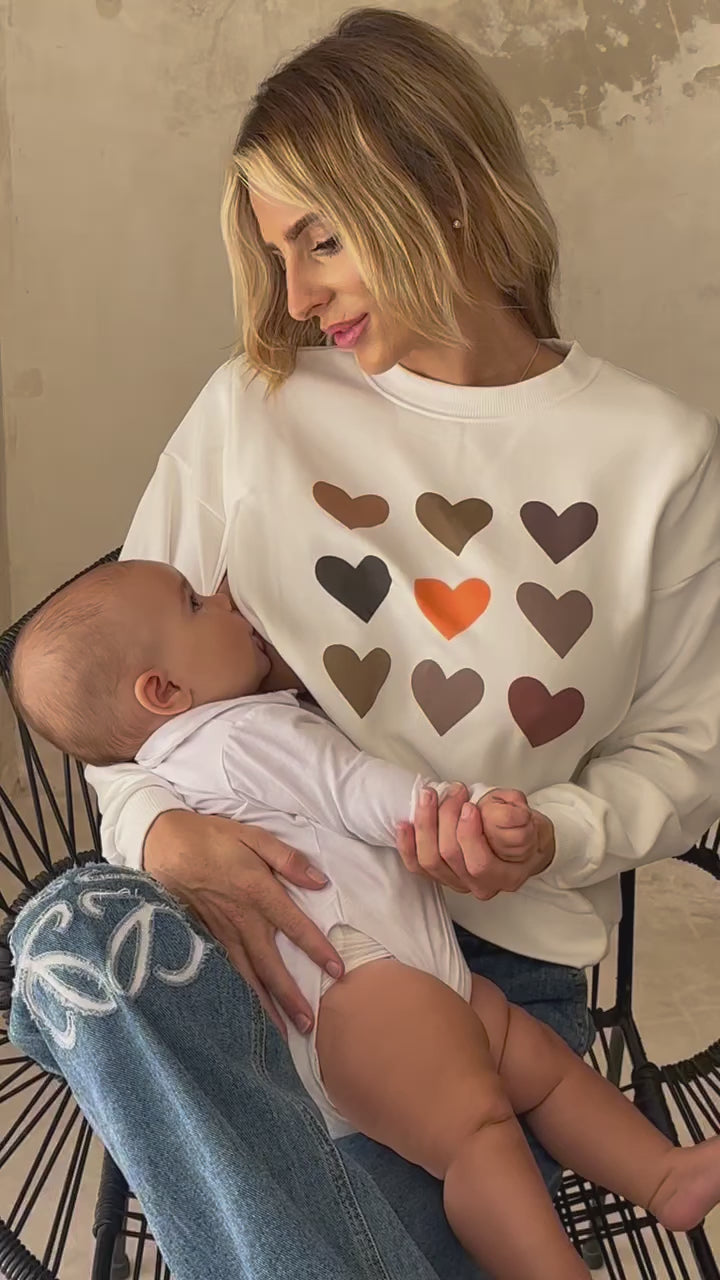

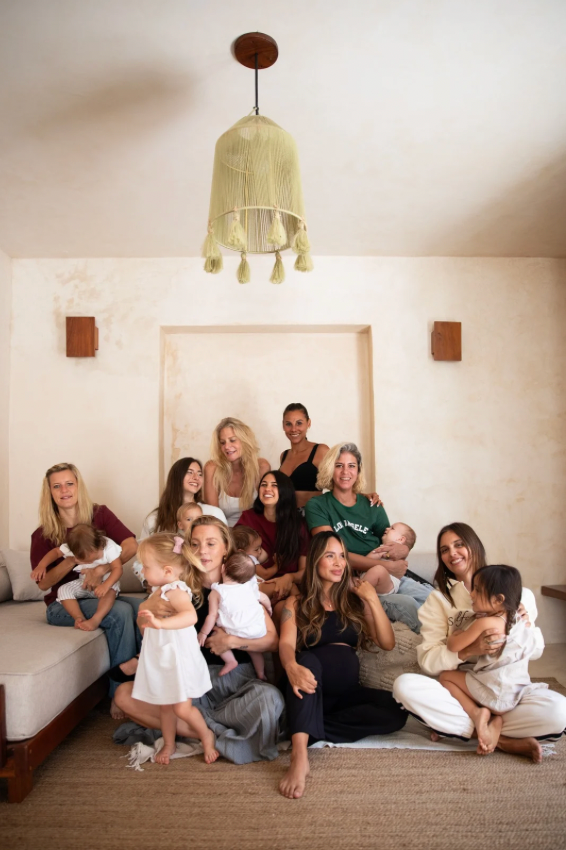
Leave a comment
This site is protected by hCaptcha, and hCaptcha's Privacy Policy and Terms of Service apply.